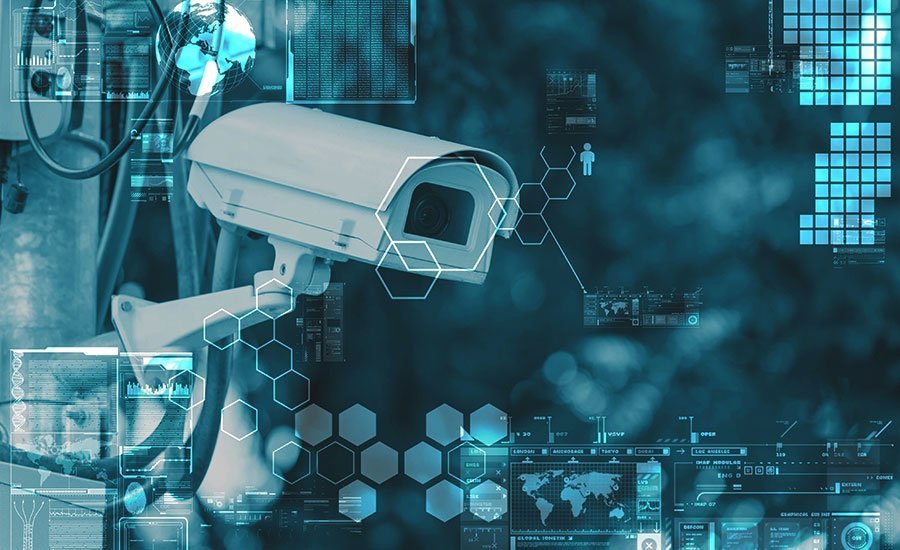Remote working has created numerous advantages and struggles for businesses. Although it provides increased flexibility and productivity, it also comes with issues related to managing and tracking employee productivity. This has resulted in a spike in corporate surveillance trends where some employers have opted for technology to monitor the work activities of their employees working from home. This method however raises serious concerns regarding privacy, trust, and the general consequences on the morale of the employees. Maintaining a proper balance between the required level of control and autonomy of the employees is essential in nurturing an effective and productive remote workforce.
How the world of employee monitoring changed
What used to be a perk, remote work, is now commonplace. This transformation has led many companies to find new methods of managing and evaluating their remote teams. Many are conducting in-depth software reviews, hoping to find new tools that would guarantee productivity and responsibility without sacrificing employee morale. This has led to a boom in the market for employee monitoring software, as different programs now offer features that vary from simple activity logging to more elaborate forms of spying and control. One such application, for example, is Controlio, a SaaS tool that enables employers to supervise employee performance. For managing remote teams, they pose new and different sets of challenges, particularly when it comes to privacy-conscious tracking. The balance between oversight and respecting employee privacy is a delicate one.
The Privacy Paradox: Trust vs Surveillance
In what seems to be a rather draconian form of supervision, employee monitoring has several flaws in how it is executed. For instance, employees working from home tend to merge their work-life and personal life together, and being watched constantly can create a fine line between these two worlds, which can lead to suspicion and anxiety. For employers who care about the mental well-being of their employees, semi-intrusive methods of tracking are of utmost importance. Employees view constant monitoring as an invasion of their privacy, and over time, this can lead to a decrease in productivity, job satisfaction, and morale, which makes it even harder to come to work. This creates a space that fosters unhappiness in the workplace, which directly relates to increased employee churn.
Their Legal and Ethical Consideration
Along with the ethical implications of surveillance, constant monitoring of employees also has unnecessary legal complications. Many areas of the world have laws constructed to protect an employee’s private life, and these laws are not to be trifled with. Repeatedly, these laws include GDPR in Europe, where monitoring one’s employees is kept to a minimal standard. As a result, employers must be fully aware of the laws in the region they operate in and design their monitoring policies around the law.
Encouraging Trust Instead of Fear
It is essential that the group is established on trust for a remote workforce to thrive. Employees that are trusted and respected tend to be more motivated, engaged, and productive. As a result, a culture of surveillance creates distrust, which in turn slows down a company’s collaboration and innovation efforts. Instead of surveillance like monitoring each keystroke, companies should communicate better, set appropriate goals, and give employees more autonomy and flexibility to achieve set goals.
Monitoring Productivity While Autonomy Is Given
Setting productivity goals is essential for accountability but need not result in the micromanagement of remote teams. Concentrating on the numbers can overlook the factors that are pleasant for remote workers: flexibility and self-governance. Instead of using constant surveillance software, employers should be focused on setting clear expectations and consistently evaluating performance to define the best possible support to help employees do their best work.
Conclusion
The shift towards remote work brings with it unprecedented levels of monitoring. Although some level of monitoring is critical, too much can severely damage trust, employee morale, and even the business’s legal standing. Businesses should seek to eliminate distrustful, intrusive software and instead cultivate a workplace built on trust, communication, and respect to foster greater privacy for employees. These innovations should guarantee effective and rewarding remote work for the company and its employees. The new era does not require an enhancement in monitoring, but rather a collaboration within a supportive online workspace that allows employees to feel valued and empowered.

